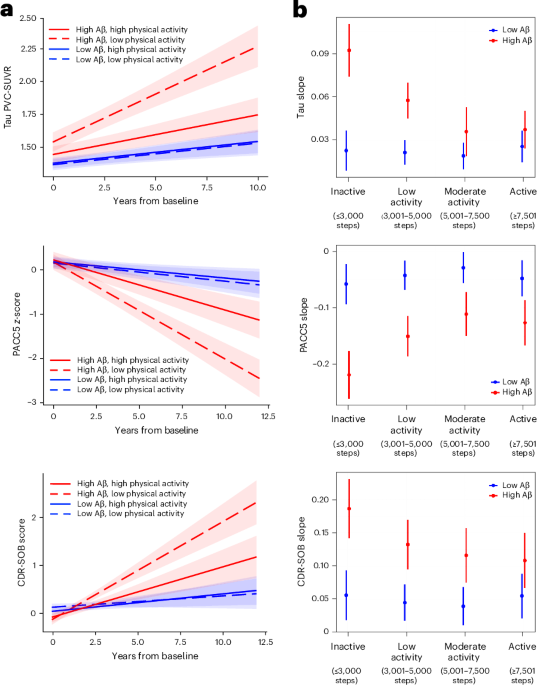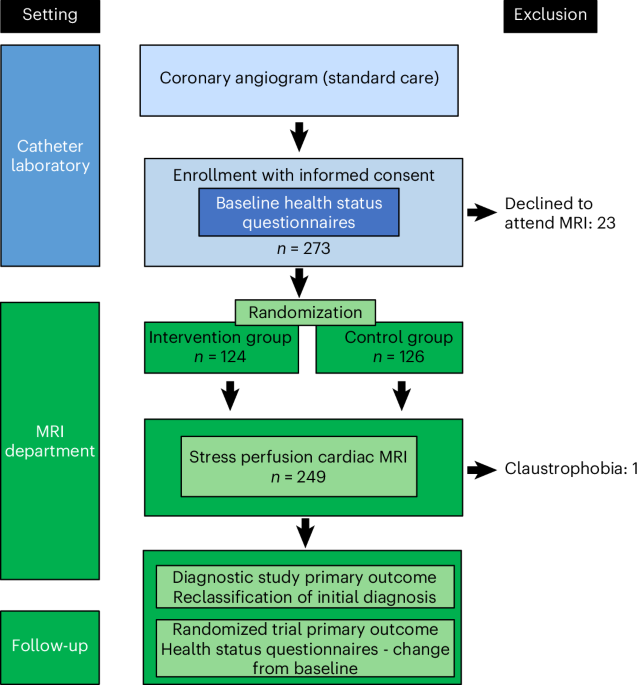The Medical FuturistExploratory3 min read
Key Takeaway:
Ten innovative companies are using digital technologies to improve women's health, addressing long-overlooked gender-specific issues in medical care.
The study conducted by The Medical Futurist identifies and evaluates ten outstanding companies within the burgeoning femtech market, emphasizing their contributions to women's health. This research is significant as it highlights the increasing integration of digital health technologies in addressing gender-specific health issues, which have historically been underrepresented in medical innovation and research.
The study involved a comprehensive review of companies operating within the femtech sector, focusing on those that have demonstrated significant advancements and impact in women's health. The selection criteria included the scope of technological innovation, market presence, and the ability to address critical health issues faced by women.
Key findings from the study indicate that the femtech market is rapidly expanding, with these ten companies leading the charge in innovation. For instance, the article highlights that the global femtech market is projected to reach USD 50 billion by 2025, reflecting a compounded annual growth rate (CAGR) of approximately 16.2%. Companies such as Clue, a menstrual health app, and Elvie, known for its innovative breast pump technology, exemplify how technology is being harnessed to improve health outcomes for women. Another notable company, Maven Clinic, has expanded access to healthcare services by providing virtual care platforms tailored specifically for women.
The innovative aspect of this study lies in its focus on digital health solutions that cater specifically to women's health needs, an area that has traditionally been underserved. The use of technology to create personalized, accessible, and effective healthcare solutions marks a significant shift in the approach to women’s health.
However, the study acknowledges limitations, including the nascent stage of many femtech companies, which may face challenges related to scalability and regulatory compliance. Additionally, there is a need for more comprehensive clinical validation of some technologies to ensure efficacy and safety.
Future directions for this research involve the continuous monitoring of the femtech market's evolution, with an emphasis on clinical trials and regulatory validation to solidify the efficacy of these innovations and facilitate broader deployment in healthcare systems globally.
For Clinicians:
"Exploratory analysis of 10 femtech companies. No clinical trials or sample size reported. Highlights digital health's role in women's health. Await peer-reviewed validation before clinical application. Monitor for future evidence-based developments."
For Everyone Else:
"Exciting advancements in women's health tech are emerging, but these are not yet clinic-ready. Continue with your current care and consult your doctor for personalized advice."
Citation:
The Medical Futurist, 2025. Read article →





